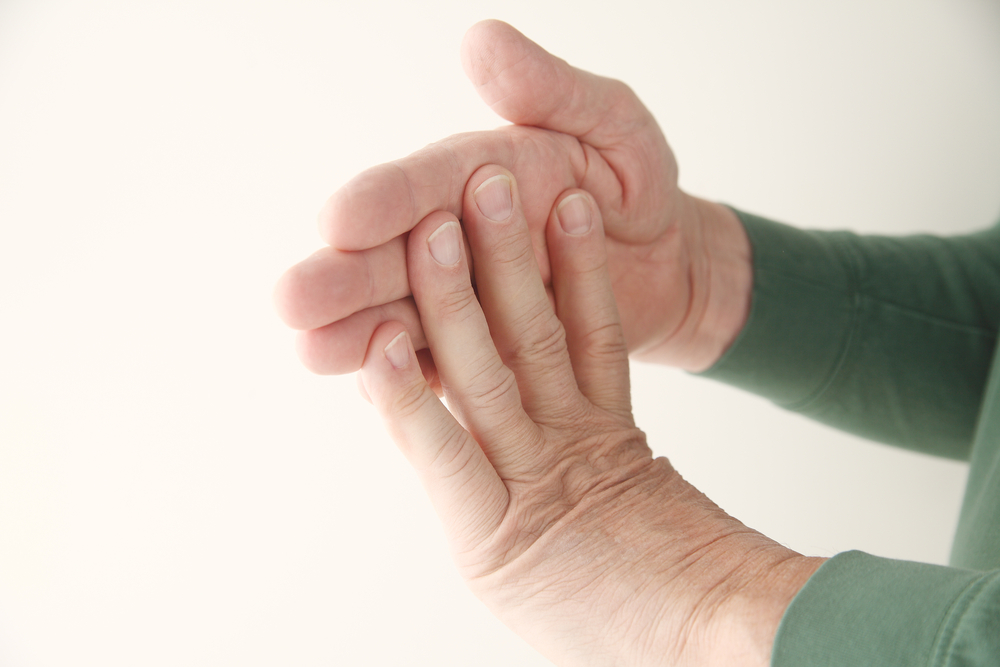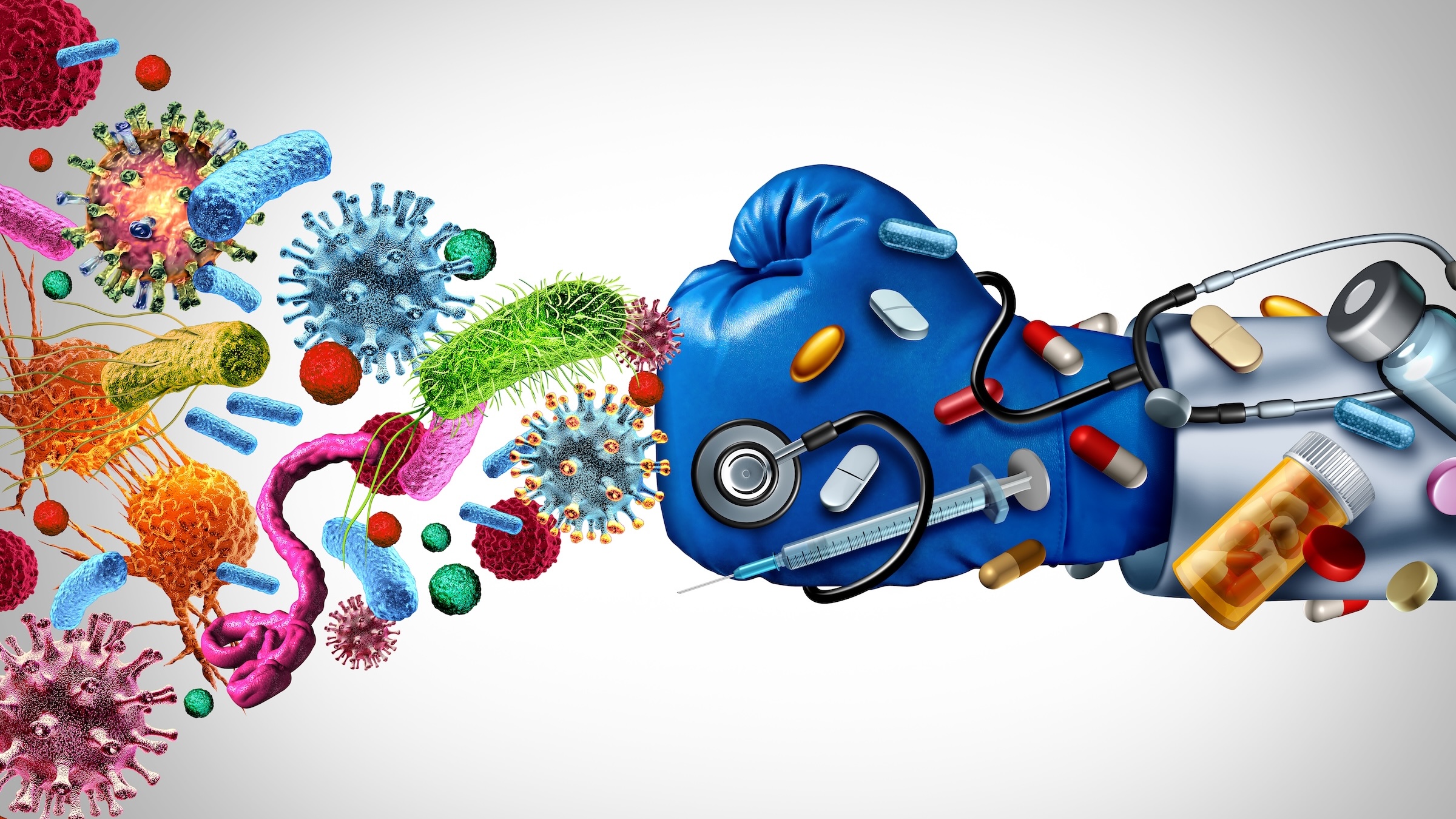Why Knuckles Crack and Joints Creak

Some peoples' bodies play a percussive symphony of cracking and creaking, thanks to the large orchestra of noise-making human joints. But what's behind all that music? It comes from the pop of gas bubbles escaping the joints, snapping tendons and ligaments, and aging joints.
Joints & their uses
Joints come in a variety of shapes and sizes. The pivot joint gives humans rotary movement in the neck, according to the Encyclopedia Britannica. The first and second cervical vertebrae in the spine form this joint. Hinge joints allow the elbows and knees to swing forward and backward like a door. Ball-and-socket joints in the shoulder and hip allow those appendages to rotate as well as swing backward and forward. Gliding joints in the spine and wrists are flexible, giving those areas of the body wide ranges of motion.
Popping joints
"It is a myth that cracking your knuckles will cause arthritis," Dr. Greg Tchejeyan, orthopedic surgeon at Los Robles Hospital told Live Science. "Cracking your knuckles will not cause arthritis. What actually happens is that dissolved gases in the joint fluid are rapidly released, causing the cracking sound."
According to the Johns Hopkins Arthritis Center, a capsule covers joints, safeguarding the bones connected at that joint. Protective fluid fills the capsule, cushioning the cartilage and tissues, while keeping the muscles lubricated and well-nourished. Nutrients float inside the fluid, along with gases. As fingers bend, the joint capsule stretches and the air pressure inside of the fluid lessens. This creates a vacuum that the gases then fill. When the bubble pops, it creates a loud noise. Joints won't make another popping noise right away because the joint must refill with gases first.
Other sources of popping are tendons and ligaments, according to Johns Hopkins Department of Orthopaedic Surgery. Tendons are like rubber bands stretched over joints that keep muscles attached to bones. Similarly, ligaments extend to connect bones to other bones. Doctors believe that tendons can make a popping noise when they quickly snap over a joint. Ligaments may make popping noises when they get tight really quickly while the joint is moving.
If your knee cracks when you stand up from sitting on the couch, you're likely hearing your tendons and ligaments popping into proper position around your knee's joints.
Creaking joints
The creaking of the joint is called crepitus, Tchejeyan said. Smooth, white articular cartilage (often behind your knee cap) will become softened and thin over time. The wearing down of the smooth joint surface along with irritation of the joint lining creates the sound. This is a normal physiologic condition of the aging joint.
Get the world’s most fascinating discoveries delivered straight to your inbox.
"No specific intervention is warranted in the absence of pain, swelling, locking or instability," Dr. Yousaf Ali, an associate professor of medicine in rheumatology at the Icahn School of Medicine and rheumatologist at Mount Sinai Hospital, told Live Science.
Is it OK to crack your joints?
Cracking your knuckles is not really harmful if you only do it occasionally, said Dr. Timothy Gibson, orthopedic surgeon and medical director of Memorial Care Joint Replacement Center at Orange Coast Memorial Medical Center in Fountain Valley, California. Cracking your knuckles does not cause damage to the cartilage in the joint. Cracking your back isn't usually harmful, as long as you do it yourself.
Tchejeyan agreed and said that cracking your back is similar to cracking your knuckles. It will not cause arthritis or put your joints in or out of alignment.
However, popping your neck should be done with more caution. "There are rare reported cases of stroke or disc herniation from an aggressive manipulation of the neck," Gibson said. "Once again, if you are just popping it yourself, the risk is low."
Taking care of your joints
The most important thing to know about joint health is that prevention is better than treatment, Gibson told Live Science. Maintaining or obtaining an appropriate body weight takes pressure off of your joints. Doing low impact exercises can also minimize injury, and strengthening your muscles can give your joints a better shock absorber.
Additional resources

 Live Science Plus
Live Science Plus





